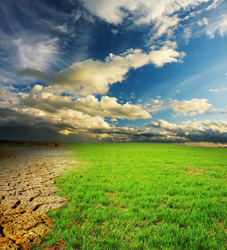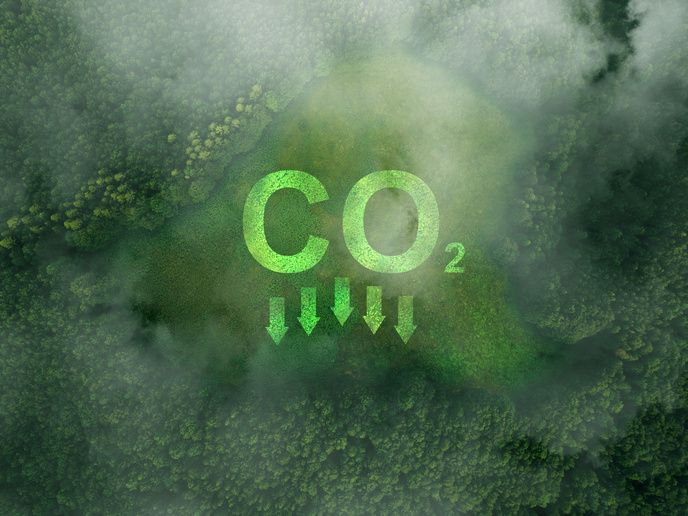20th century climate data gets a facelift
Copious 20th-century records exist of atmospheric, oceanic, and terrestrial conditions during the past hundred years. Such information has, predictably, proven useful to modern climate researchers and meteorologists. However, these data sets were often incomplete, variable enough to limit comparison, and primarily derived from old-fashioned methods and instruments. These data's utility was further constrained because most records were available only on paper. In 2011, a consortium of nine EU-funded institutions undertook the 'European re-analysis of global climate observations' ERACLIM) project in order to unlock the potential of these historic data. ERACLIM's primary objective was to recover, digitise, and standardise climate-related data recorded during the past century. In addition to locating and digitising remarkable quantities of observations, ERACLIM researchers standardized the resulting datasets, then analysed various metrics. By successfully comparing the data, researchers were able to fill in gaps in climate records which have persisted for much of the past century. Finding and digitising a multi-faceted data set spanning 100 years of global climate observations is a noteworthy scientific feat in itself. The project also accomplished the parallel objective of making these datasets and related analysis products open-source. Available online to anyone interested, the ERACLIM datasets offer unprecedented detail and precision, both for historic research and for modelling the future. Judging by citation statistics, reanalysed data such as those offered by ERACLIM are of great interest to geoscientists. Project work is likely to be used by researchers, practitioners and government entities focused on atmospheric science, oceanography, climate science, and applied fields including energy, health, and environmental science. Building on the ERACLIM data, the consortium has already secured funding for ERACLIM2. This second phase aims to transform the already-valuable datasets into a readily accessible product/service system. Further funding will enable ERACLIM partners to transform their efforts from research into a reliable service.
Keywords
Historic climate data, data reanalysis, climate change, open-access data







